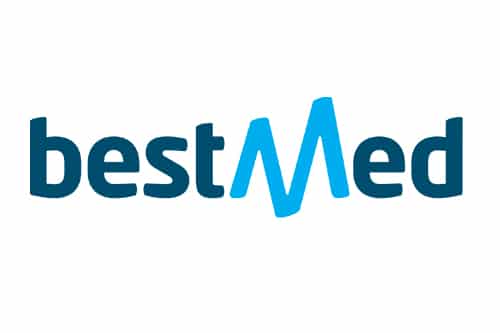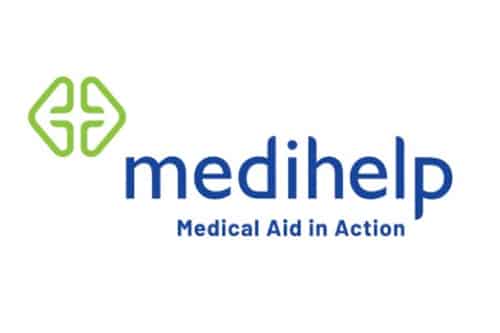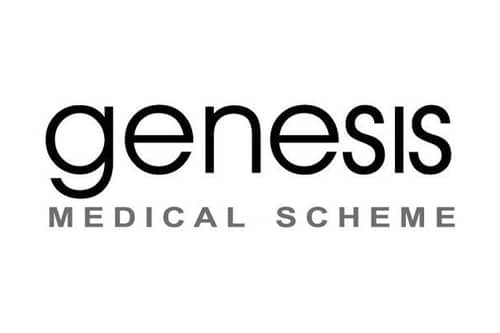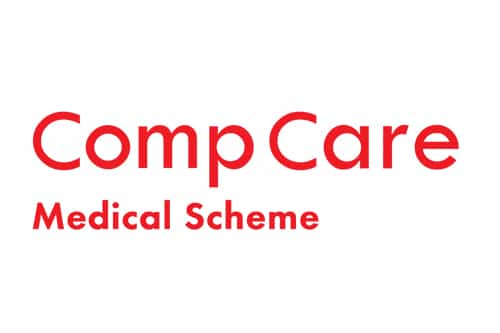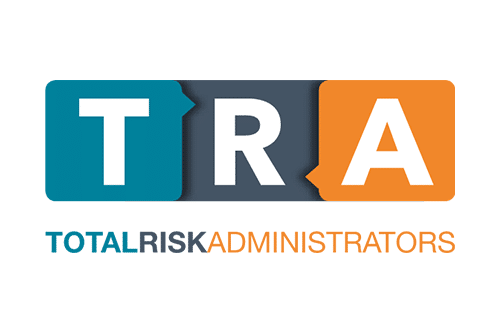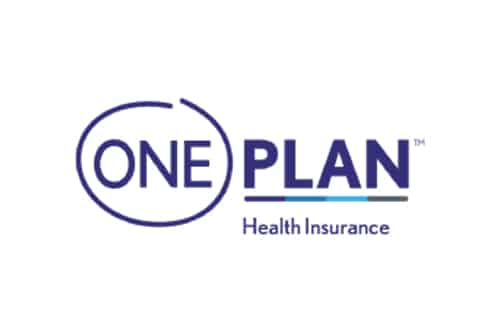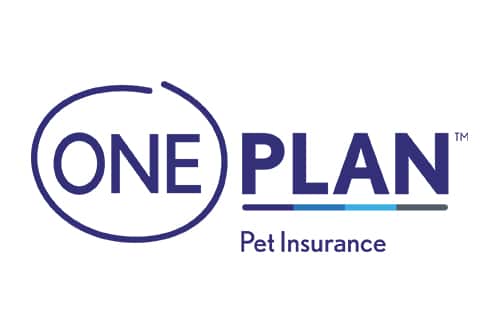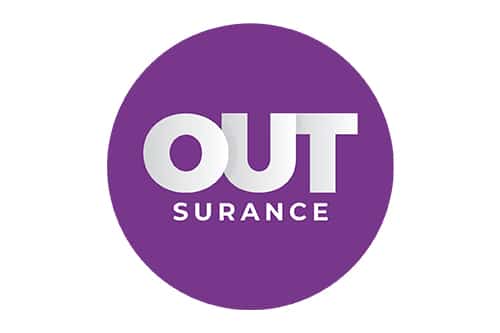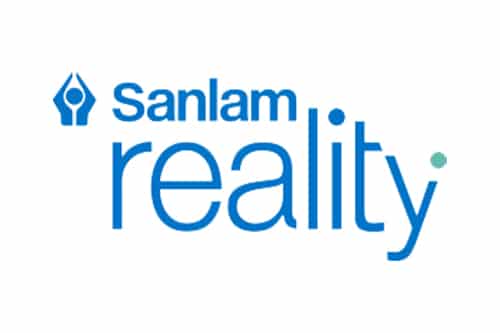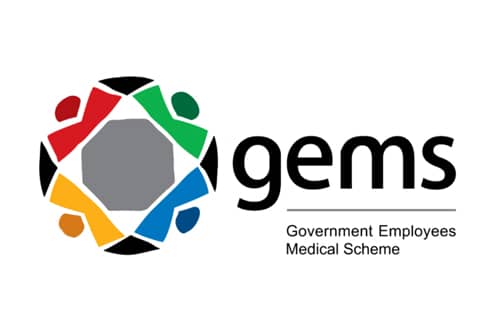
What is Psychiatric/Mental Cover?
What is Psychiatric/Mental Cover in South Africa revealed.
We verified psychiatric/mental cover in South Africa.
This is a complete guide to psychiatric/mental cover in South Africa.
In this in-depth guide you’ll learn:
- What is psychiatric/mental cover?
- Is psychiatric/mental cover affordable when you have medical aid?
- Why do you need psychiatric/mental cover when you have medical aid?
- Why should you consider psychiatric/mental cover?
- What are the benefits of psychiatric/mental cover?
So if you’re ready to go “all in” with the psychiatric/mental cover in South Africa, this guide is for you.
Let’s dive right in…
What is Psychiatric/Mental Cover Summary
Overview

👉 When purchasing a medical aid plan, consider including mental health coverage because we never know what the future holds. Not everyone wants coverage for psychiatric claims, but if you have close family members who have mental health difficulties, it may be worth considering.
👉 In this article, we take a closer look at mental health care and learn more about psychiatric/mental coverage.
Understanding mental and psychiatric healthcare

👉 The phrase “mental health” refers to our social, psychological, and emotional well-being, which influences how we feel, think, and behave. It has an impact on how we interact with others, how we make decisions, and many other facets of our daily lives.
👉 Poor mental health can have an influence on physical health, increasing the risk of diseases such as diabetes, heart disease, and stroke. How we deal with obstacles and unpleasant events can also have an impact on our general well-being.
👉 Mental wellness is the state in which your body and mind are working in tandem. One useful approach to think about it is that your brain is working to serve you well. The brain is constantly doing the most with the fewest resources available.
👉 There is also a limit. When your mental health is suffering, you may begin to feel as if you’re spiralling or disconnected from your surroundings. This can eventually lead to mental problems and leave a person feeling stuck.
👉 Providing mental health services in primary care entails diagnosing and treating people with mental disorders, implementing prevention strategies, and ensuring that primary care workers are able to apply key psychosocial and behavioural science skills, such as interviewing, counselling, and interpersonal skills, in their daily work to improve overall health outcomes in primary care.
👉 Integrated primary mental health services supplement tertiary and secondary mental health services.
👉 Read more about Medical Aid Schemes that Cover Bipolar Mood Disorder
A closer look at psychiatric care

👉 Mental illnesses and psychiatric disorders are all terms for conditions relating to mental health. A mental state must induce dysfunction in order to be classified as a disorder.
👉 It is defined by a behavioural or mental pattern that causes a person to suffer or to be unable to fully enjoy life. A mental disorder is characterised by a person’s conduct, feelings, perceptions, and thoughts.
👉 The diagnosis and treatment of mental problems caused by anomalies in mood, behaviour, cognition, and perception is referred to as psychiatric care and treatment.
👉 Depression, dementia, and schizophrenia are the three most frequent mental diseases requiring psychiatric care and treatment. Because of the stigma connected with these conditions, and, in many cases, discrimination directed at sufferers, the disorder worsens if not treated correctly, or at all.
Patient admission
👉 A person can be admitted to a psychiatric institution in at least three different ways. Involuntary care, treatment, and rehabilitation are at the top of the list.
👉 This occurs when a patient is unable to make their own decisions due to a mental health condition, or when a person refuses health intervention despite the fact that they need it.
👉 Second, it is the provision of aided care, treatment, and rehabilitation to a person who is unable to make an educated decision about their mental health state but does not deny health assistance.
👉 This usually happens to someone who is completely ignorant of what is going on around them. The final and finest admittance method is voluntary admission. This occurs when the person in need of psychiatric assistance accepts to be accepted for mental care and therapy.
READ more about the Best Gap Insurance Medical Coverage
The purpose of psychiatric care

👉 Medical examinations, care, and treatment by psychiatric specialists for a variety of mental health disorders can be included in psychiatry care. Psychiatrists are medical practitioners who have received additional training and education in mental health.
👉 They have the knowledge and skills to assess and treat both mental and physical difficulties associated with psychological diseases. Psychiatrists may prescribe medicine in addition to giving or assisting in the coordination of counselling or psychotherapy for their patients.
👉 People who seek psychiatric care may be suffering from a variety of ailments. Psychiatry can treat the following disorders:
➡️ Adjustment disorders
➡️ Anxiety and panic disorders
➡️ Bipolar disorder
➡️ Cognitive disorders
➡️ Developmental disabilities
➡️ Eating disorders
➡️ Impulse control disorders
➡️ Learning disabilities
➡️ Mood disorders
➡️ Personality disorders
➡️ Schizophrenia
➡️ Substance abuse-related disorders
👉 Treatment for a mental health or behavioural illness in a psychiatric setting differs depending on the condition. It could include:
➡️ Individual or group therapy
➡️ Medications
➡️ Integrative and alternative medicine
➡️ Behaviour therapy
➡️ Educational services
➡️ Occupational therapy
Understanding psychiatric/mental care in terms of medical aid benefits
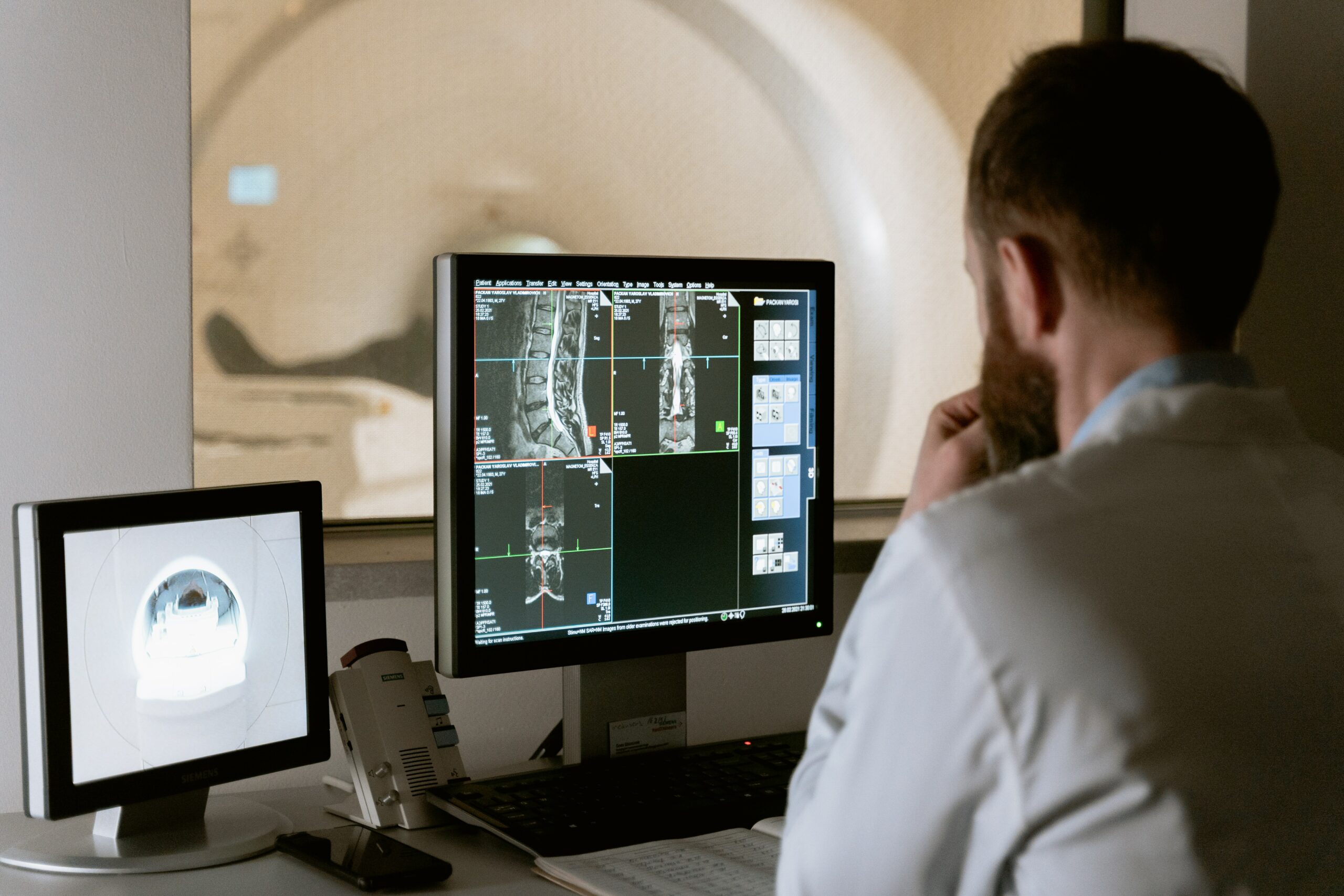
👉 Every medical aid, whether a hospital plan, a savings plan, or a comprehensive plan, provides certain mental health advantages both in and out of the hospital.
👉 Because some mental health illnesses are classified as PMBs (Prescribed Minimum Benefits), medical aids are required by law to cover the costs of PMB diagnosis and treatment.
👉 Psychotherapy is frequently regarded as a long-term treatment option, comprising hourly sessions over an extended period of time. As a result, it may be a pricey alternative for patients.
👉 Leading medical aid plans may cover psychologist, psychiatrist, and psychotherapist services both in and out of the hospital.
👉 Each medical aid scheme has its own benefit structure and may vary. These could:
➡️ Designate a yearly limit for psychotherapy
➡️ Indicate that all out-of-hospital or day-to-day treatments are only covered up to the amount in the member’s savings account, or use a combination, indicating that if a limit is reached, the cover is supplied solely from the member’s savings account
Psychiatric/mental cover as a PMB

👉 Because some prevalent mental health disorders are classified as chronic conditions, all South African medical aids are required by law to give prescribed minimum benefits (PMBs) for them.
👉 Some of the conditions are not covered by the standard chronic coverage that schemes must provide and may only be covered by more comprehensive plans.
👉 Bipolar mood disorder, schizophrenia, anxiety disorder, neuropathies, obsessive-compulsive disorder, post-traumatic stress disorder, panic disorder, and attention deficit disorder are examples of these disorders that are listed as PMBs.
👉 Although the Medical Schemes Act requires medical aids to pay in full for PMB treatment, the Act also allows schemes to negotiate special rates with specific providers and only pay that rate for treatment.
👉 In other words, if your selected provider charges more than the DSP, you are “forced” to utilise this Designated Service Provider (DSP). (It should be noted that you can use a non-DSP, and your medical aid must pay the DSP rate to that non-DSP for your treatment. You are responsible for the remaining balance.)
An example of mental/psychiatric cover: Discovery Health

👉 If you’re having trouble dealing with your mental health, the Mental Health Care Programme from Discovery Health may be able to help.
👉 Major depression can be actively managed with the aid of the Mental Health Care Programme and your Premier Plus primary care physician. In order to get the best possible outcomes from your healthcare, this initiative provides you and your Premier Plus GP with a set of resources for tracking and managing your condition.
👉 In order to eliminate the fragmented care between mental and physical health and to promote speedier diagnosis and treatment, the Mental Health Care Programme encourages general practitioners (GPs) to diagnose and initiate treatment of serious depression.
👉 The Mental Health Care Programme includes the following benefits:
➡️ Up to three consultations with your Premier Plus GP
➡️ An initial psychotherapy session if referred by your Premier Plus GP
➡️ Antidepressant medicine
➡️ Additional psychotherapy consultations with your enrolling network psychologist
How to join the Mental Health Care Programme from Discovery Health
👉 To be eligible for the Mental Health Care Programme, you must consult with a Premier Plus GP or a psychologist in the network and meet certain criteria.
👉 If you have provided consent, your Premier Plus GP can enrol you in the programme via HealthID. You have the option of giving your doctor access to your Electronic Health Record (EHR).
👉 Members with KeyCare insurance must select a doctor from the KeyCare or KeyCare Start and Premier Plus GP networks. Members on Smart plans must select a doctor from the Smart and Premier Plus GP networks.
Frequently Asked Questions
Do medical aids cover psychiatric services?
Leading medical aid schemes may cover psychologist, psychiatrist, and psychotherapist services both in and out of the hospital. In most circumstances, your PMB will cover either in-hospital or out-of-hospital mental health therapy, which is what psychologists provide.
Are there any waiting periods for psychiatric/mental health cover?
Different Medical aid schemes may have different waiting periods for psychiatric and mental health coverage. Before members have access to the full benefits for psychiatric or mental health treatment, certain plans may impose waiting periods. It is best to review the terms and conditions of your medical aid cover to understand any potential waiting periods.
Do medical aids cover depression?
While depression is included on the list of 270 medical illnesses, plans are only required to reimburse up to three weeks of in-hospital treatment or up to 15 outpatient therapy sessions each year. Anxiety disorders are not on the list at all.
Do psychologists accept medical aids?
Yes, there are many psychologists in South Africa that do accept medical aids for their services.
Do you need a referral to see a psychiatrist in South Africa?
The rules of your medical aid will determine if a reference is required to consult a psychiatrist. While some medical aids may require a general practitioner or other healthcare provider to refer a patient, others may permit immediate access to psychiatric therapy. An advanced psychiatric nurse, a medical officer, or a nurse practitioner perform this at a neighbourhood clinic. They would then suggest the patient for further consultation to a district psychiatrist who will come to the clinic or to a psychiatric department in a district or regional hospital.
Does mental health count as a medical illness?
Many persons with mental illnesses are reluctant to talk about it. However, mental illness is not something to be ashamed of It is a medical illness in the same way that heart disease or diabetes are. And mental illnesses can be treated.
What is the average cost for a psychiatric visit without medical cover?
The average price for a consultation at major centers in South Africa is around R2000 for the first session and then about R750 for 20 minutes follow ups.


